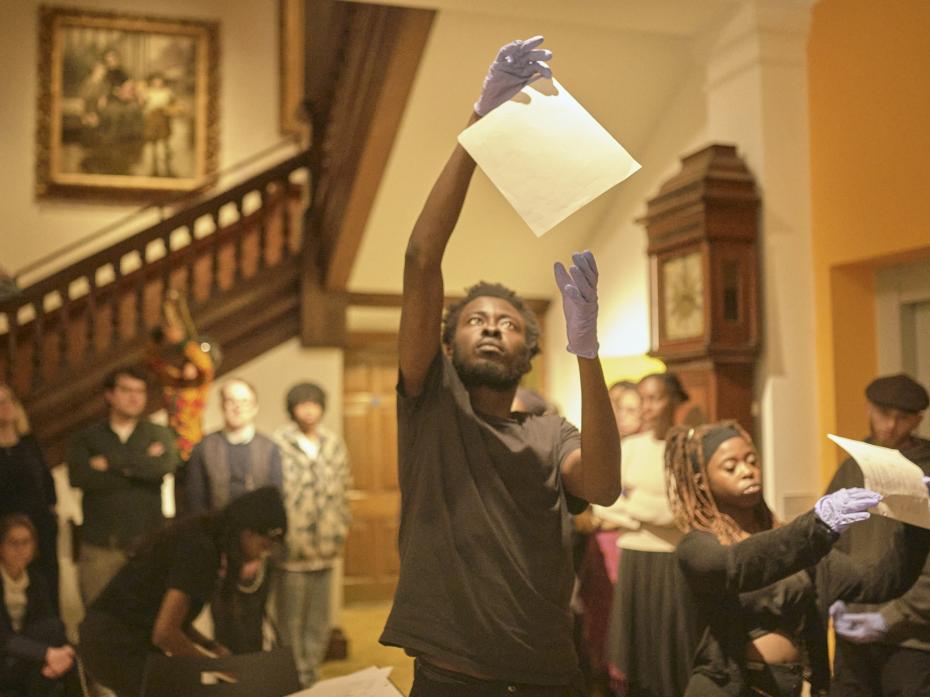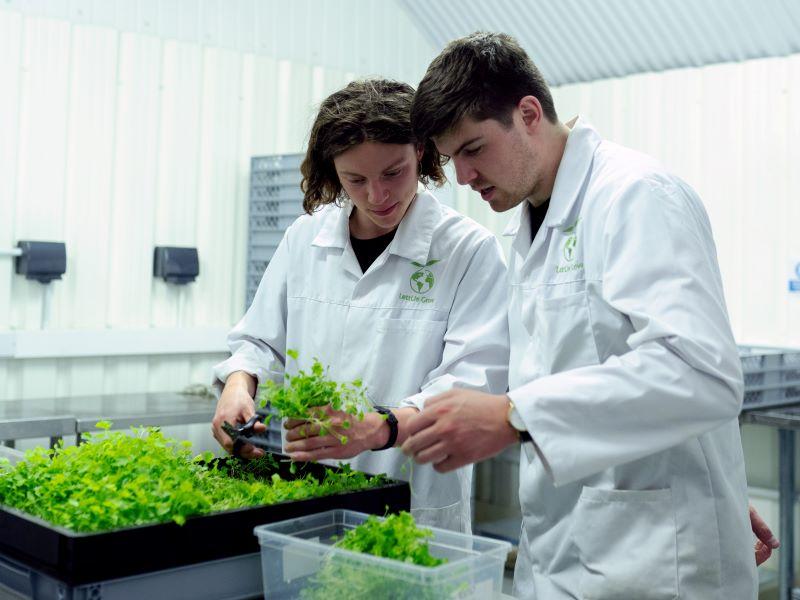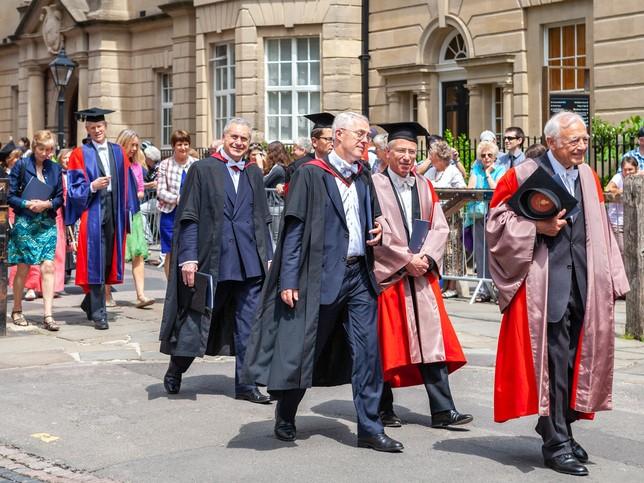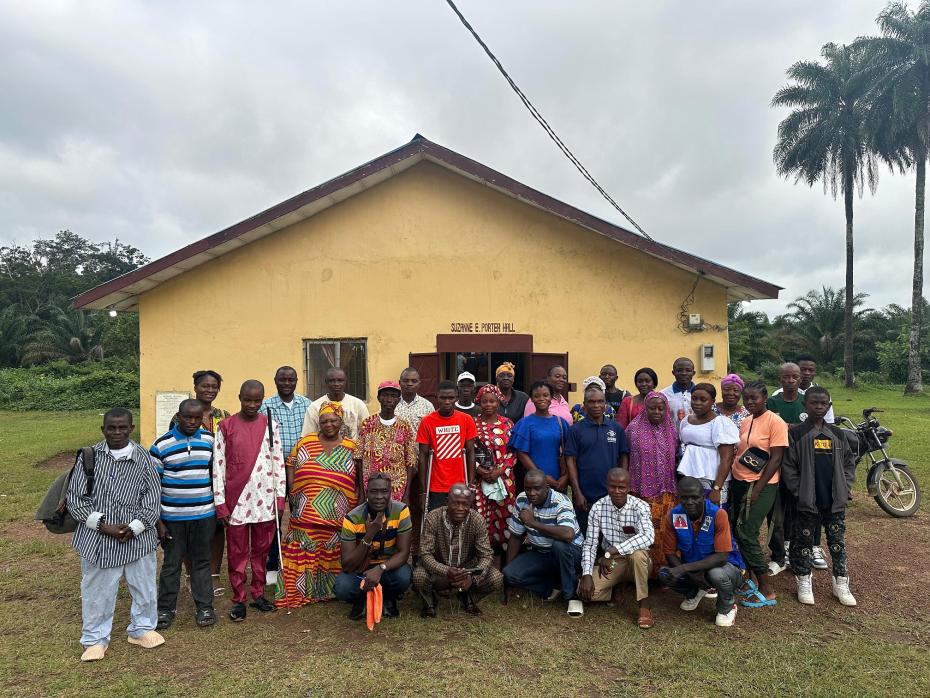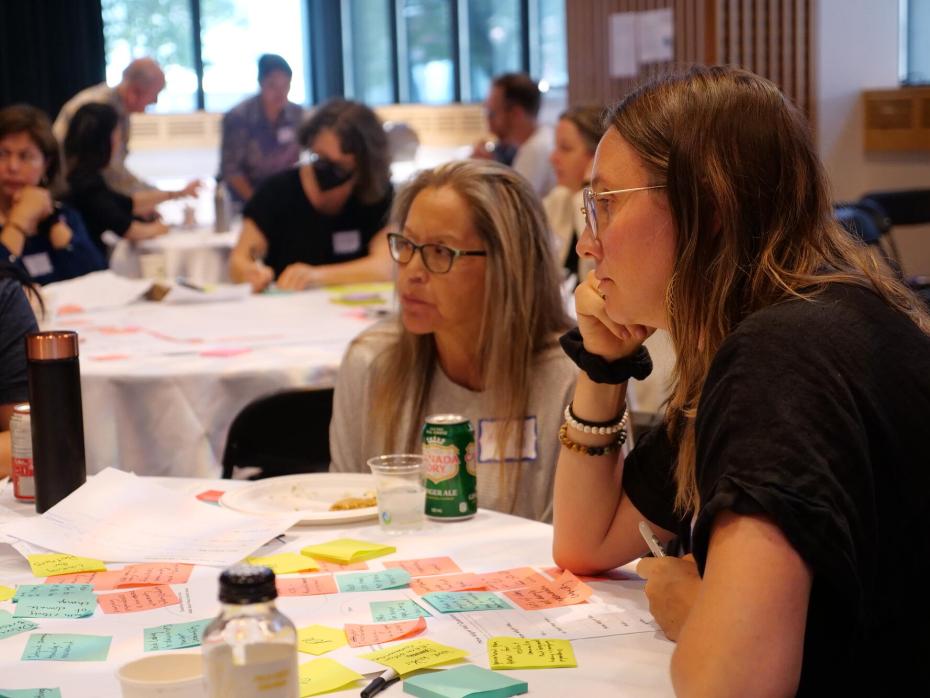Community-led, participatory research and citizen science can build bridges beyond academia, foster trust, broaden and enrich insights and make the knowledge produced more meaningful. It involves working with non-academic partners who may be enthusiast amateurs, patients or communities with a stake in the research, to name a few. The process of recruiting and working with non-scholars in research at any stage, from co-production to gathering data and sharing findings, brings complexities. Done well, public engagement in research demands well-managed logistics, careful balancing of competing interests, data management, safeguarding and ethical practices. This collection highlights essential skills of collaboration, cultural awareness and sensitivity, critical thinking, and the capacity to think across and beyond disciplines.

The arts can be a powerful vehicle for participatory research and public engagement. Creative forms such as film and performance offer a framework for collaboration and a medium for sharing and humanising research. These resources offer insight into the skills required to effectively involve participants in such work.
Public engagement is increasingly integral to the work of universities in connecting with communities and demonstrating the real-world impact of teaching and research. But it doesn’t happen without concerted effort. Institutions need to embed an ethos of outreach, openness and inclusion into their day-to-day operations.
In areas such as healthcare, researchers work closely with professional bodies, patients, advocacy groups and the public. This is important to produce well-adapted services, but is not always easy. These resources offer insight into managing projects through uncertainty and disagreement.





